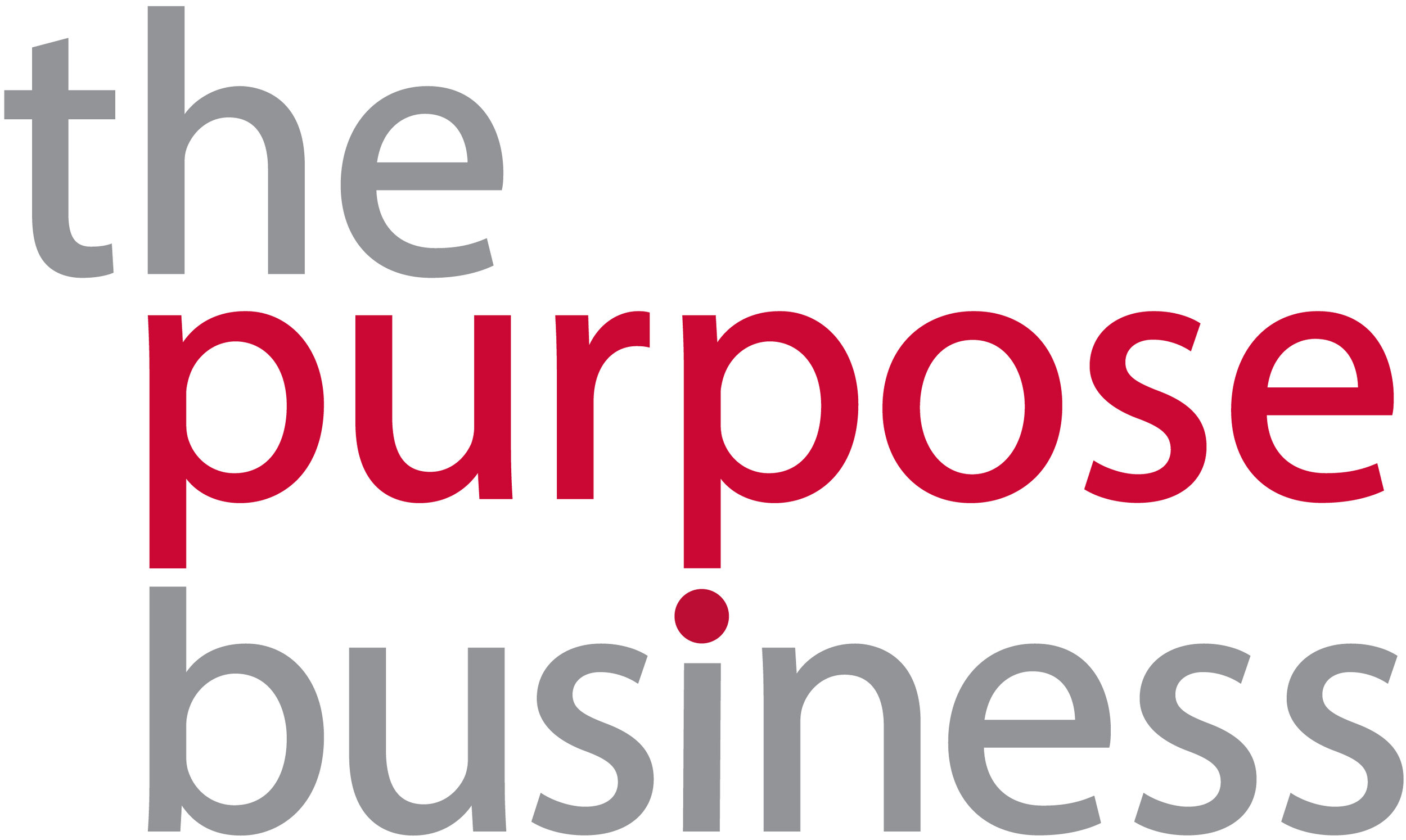REPORT: Three SDGs that are critical for Asian businesses - and the 2030 Agenda
17 August 2020 | The Purpose Business
Companies have a critical role to play in achieving the 2030 Agenda and can address the world’s most challenging issues. The call for Asia’s private sector action is clear: purposeful transformation is required to drive solutions and scale positive impact across markets and value chains.
The challenge
The 2030 Agenda, set forth by the United Nations, provides a blueprint with the 17 Sustainable Development Goals (SDGs) as the set of criteria for shared prosperity in a sustainable world. At current projections, however, most of the SDGs are not expected to be achieved by the deadline.
Businesses have the scale, resources, capacity and leadership to help achieve the 2030 Agenda. While companies have shown an increased awareness of the SDGs, mostly appearing to only thematically connect some SDGs to existing CSR initiatives and express general commitment statements on sustainability reports, many have fallen short on demonstrating meaningful and strategic alignment to the goals, its targets and indicators.
The focus - three SDGs for Asia
With Asia Pacific lagging behind on the 2030 Agenda, The Purpose Business wanted to identify which SDGs could guide the region best to meeting its commitments. From literature review and benchmarking top performing companies, we have determined that Asian businesses have a direct and profound impact on decent work and sustainable economic growth (SDG 8), responsible consumption and production (SDG 12), and life under water (SDG 14) through their internal operations and supply chains. Investing efforts on these three goals holds potential to create cascading benefits well beyond their individual targets and indicators, and can amplify ripple effects across the other 14 SDGs. This means aligning with the Sustainable Development Goals, driving meaningful partnerships and taking on responsible leadership.
Across developing countries in the region such as the ones in Southeast Asia, competing priorities exist that challenge the achievement of the SDGs. One of the greatest concerns is balancing prosperity with delivering on the SDGs. As The Purpose Business partners with organisations in Asia on their responsible growth journey, this report was developed to help unpack the complexity of the SDGs, their targets, and indicators, and provide a practical roadmap to incorporate these into mainstream business practices. This tool aims to help future-proof businesses amidst global volatility by broadening the understanding of the SDGs and their impacts, and how to start embedding these in strategy.
The methodology
This report shares our findings of the drivers of sustainable development and an analysis of publicly available information. The report discusses what it would take for Asia’s private sector leaders to bring the region closer to its targets and realise the 2030 Agenda on time. Our research, which assessed the top companies spanning 50 industries from Forbes Asia's 200 Best Over A Billion 2019 with a focus on Hong Kong and the Philippines as where most of our clients are based, provides an overview of who has declared their intentions to contribute to the SDGs, and whether any are making significant impact.
The findings
We found that 41% (or 82 out of the 200 companies assessed) have declared a commitment to the SDGs as shown in their leadership messages, sustainability reports, and public commitments to one or more of the SDGs.
Three notable limitations in corporate SDG reporting:
A lack in meaningful corporate SDG adoption;
Overall lack of sufficient, reliable data; and
Lack of cohesive public-private collaboration.
There are numerous opportunities to improve corporate SDG alignment and to lead the global development community towards for purposeful SDG data collection and analysis, private-sector SDG alignment, and acting sustainably beyond financial donations.



